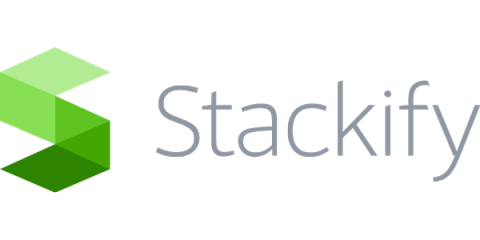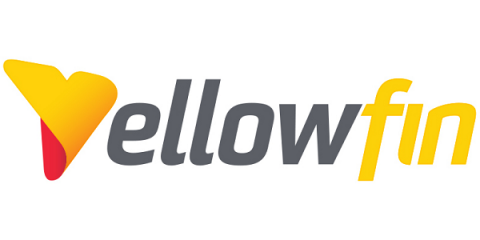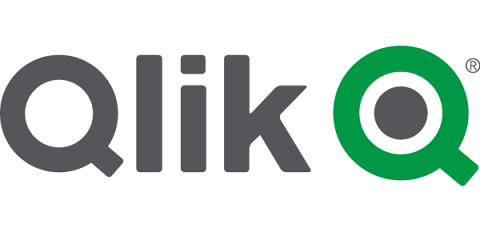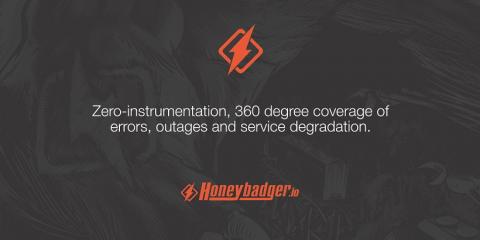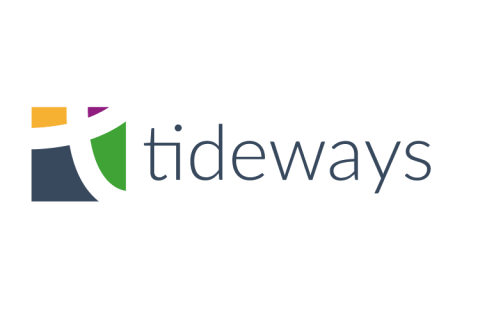The Different Software Testing Types Explained
According to IEEE Std 829-1998, Software Testing is defined as “the process of analyzing a software item to detect the differences between existing and required conditions (i.e. defects) and evaluating the features of the software items.” With the advent of new technologies and new software being released every day, software testing is gaining more strength and accolades. Today, testing is imperative and there is no way we can skip it.






